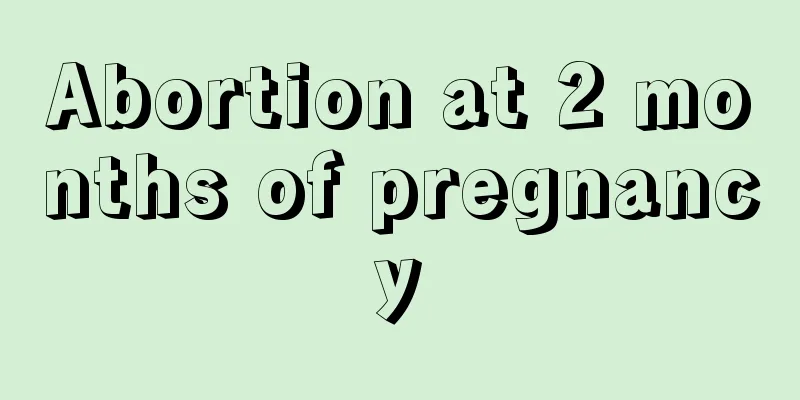What are the adverse effects of uterine fibroids?

|
If patients with uterine fibroids do not receive timely treatment and the disease progresses, the impact will be relatively large, easily leading to infection and suppuration, or causing infertility or miscarriage, and there is also the possibility of malignant lesions. 1. Infection and suppuration. Uterine fibroids can cause pelvic congestion and infection. The infection is mostly the result of tumor pedicle torsion, while blood-borne infection is extremely rare. After infection, a few patients develop abscesses in the tumor tissue, while the rest present with purulent presentation. 2. Infertility or miscarriage. Patients with uterine fibroids suffer from infertility due to the compression of the fallopian tube entrance by the fibroid tissue in the uterine cornu, which causes the uterus to deform and hinders the implantation of the fertilized egg. The presence of fibroids seriously affects the development of the embryo, and the probability of spontaneous abortion is 4 times that of normal people. 3. Free myoma and uterine torsion. Subserosal uterine fibroids may twist at the pedicle, causing acute abdominal pain. In severe cases, if surgical treatment is not performed immediately, the pedicle may be twisted off and a free fibroid may be formed. In addition, the torsion of fibroids occurring near the internal opening of the cervical canal can also drive the entire uterus and cause axial torsion of the uterus. 4. Malignant lesions. Uterine fibroids are benign tumors, but they still have the potential to become malignant. The older you are, the higher the chance of malignancy. Therefore, people with rapidly growing fibroids or postmenopausal fibroids should be vigilant. 5. Adhesion or inflammation. After the pedicle of a subserosal uterine fibroid is twisted, intestinal adhesion will occur, which will then be infected by intestinal bacteria. The inflamed fibroid will adhere to the uterine appendages, causing purulent inflammation. On the other hand, fibroids can also cause pathogens to invade other uterine organs due to bleeding, causing gynecological inflammations such as adnexitis and pelvic inflammatory disease. 6. Secondary anemia. Uterine fibroids can cause excessive menstrual bleeding, which over time can cause secondary anemia and even trigger anemic heart disease. In severe cases, patients may experience adverse symptoms such as general fatigue, pale complexion, palpitations and shortness of breath. |
<<: Can pregnant women soak their feet in salt water?
>>: What are the classifications of uterine fibroids?
Recommend
There is a hard lump at the bottom of the breast that does not move
Breast health issues have become an issue of incr...
How long does it take for a woman to give birth
Every woman may have been looking forward to meet...
What kind of mask is good for preventing pneumonia? Can wearing a mask prevent the new coronavirus in Wuhan?
We all know that there have been many cases of un...
Can exercising during menstruation help you lose weight?
It is very common for women to hope to have a bet...
Pelvic effusion diet, these matters must be kept in mind
If you suffer from pelvic effusion, women must pa...
How low of a temperature can peony tolerate? How to care for peony in winter
Peony is the first flower that many families thin...
Some people are alive, but their butts are already "dead"...
Work, work, I sit when I go to work, sit all day,...
Is it good to drink yogurt during menstruation?
Yogurt is a very delicious drink. Drinking more y...
It is said online that the new coronavirus specific drug paxlovid can easily cause acute thrombosis. Is this true?
[This issue's rumor]: On December 31, a piece...
The truth that 95% of people don’t know! Is it the cause of abdominal pain and fever?
Cholecystitis, a seemingly insignificant disease,...
Case of 8-month pregnancy after cesarean section
In daily life, we will encounter some mothers who...
What color furniture should be placed in the living room? What are the key points for choosing the color of living room furniture?
We all know that the living room is a very import...
Does irregular menstruation cause infertility?
Will irregular menstruation cause infertility? Ir...
TrendForce: Global Smartphone Production Reaches 315 Million Units in Q2 2016
According to a report by TrendFroce, a global mar...
Dysmenorrhea Sanfutie
Sanfutie is very effective in treating dysmenorrh...









